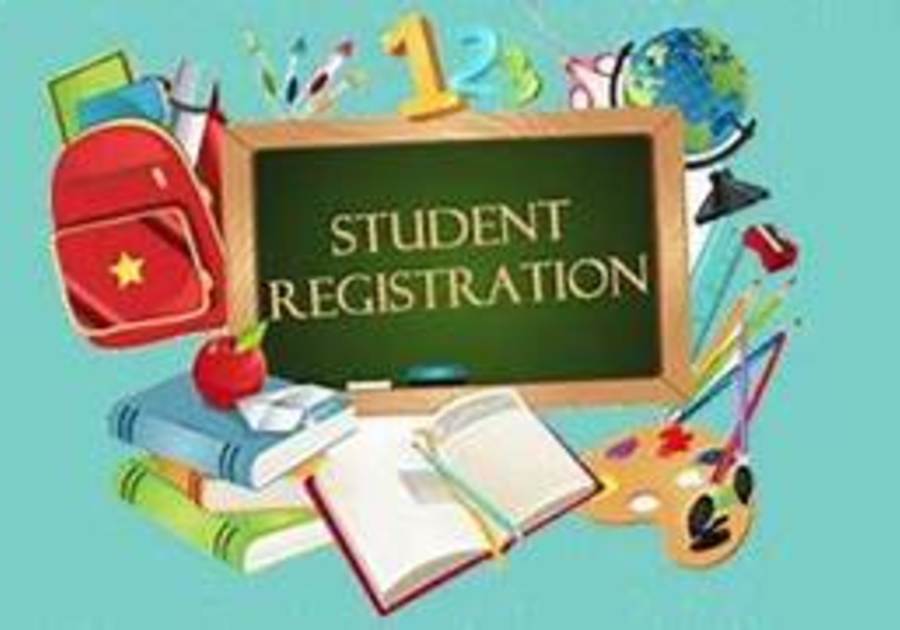The beginning of school fast approaching puts me in mind of consulting with parents over the years about what manner of education they want for their child, assuming they can afford the choice: public, private, or home schooling?
What often precipitates this discussion is the onset of their child's early adolescence (around ages 9 - 13) and the lowering of academic effort and performance that often occurs at this rebellious age (see March 15, 2009 blog, "The Early Adolescent Achievement Drop.")
Is it the young person who isn't working at school, or is it the school that isn't working for the young person? And if the latter, what kind of schooling might work better? This is when parents start weighing out the relative merits of the three different kinds of schooling.
What follows is a very informal summary from these consultations describing how parents have weighed the comparative strengths of each education as they try to match the needs of their child with what each kind of schooling may have to offer.
PUBLIC SCHOOL TENDS TO OFFER THE MOST:
Tax paid education.
Percent of certified teachers.
Teacher pre-service and in-service training,
Standardized curriculum and mandated testing,
Larger budget for instructional resources and equipment,
Breadth of curriculum, special support programs and services,
Social/economic diversity and size of student body.
PRIVATE SCHOOL TENDS TO OFFER THE MOST:
Education is privately purchased.
Freedom for curricular innovation,
Financial pressure to fulfill academic mission,
Performance motivation of students,
Strictness of rules and intolerance of off-task behavior,
Education directed toward college preparation,
Fund raising involvement for parents.
HOME SCHOOLING TENDS TO OFFER THE MOST:
School space already paid for, teacher unpaid.
Freedom from peer distraction,
Individual attention and individualized instruction,
Parental knowledge of/responsibility for academic work,
Curricular adherence to family values and faith,
Sheltering and small class size,
Social safety.
COMING TO CONCLUSIONS:
Assuming they can afford to have a choice, what parents have to ask them selves is which of these paths might most favor the educational (and social) development of their child.
Public school creates the opportunity to cope with the push and shove and impersonal treatment that can come from being one in the larger world of many. Children learn to make their way in a crowded institutional system with a great variety of instructional and extracurricular resources.
Private school (whether non-denominational, religious, or charter) offers students a more academic focus, usually with a sense of preparing for post secondary education at the end. Children learn the will to work when they don't want to study because studying is the norm for their peers.
Home schooling creates the opportunity for having education tailored to the child's nature and the parents' values. Children learn to discover and develop their individual interests, sheltered from the problems that same age peers can bring to school. Children learn to work on their own, in a self-paced fashion.
OTHER CONSIDERATIONS:
Also consider how location affects your child's learning environment. In public school, children are usually assigned from the same geographic attendance area and so can make friends who live relatively close by. Going to private school, however, means making friends with children from all over the community, and so it becomes harder to get together with friends after school, and harder for parents to get to know other parents. Home schooling usually requires that the parents network with other home schooling parents to avoid social isolation for their child, and quality of instruction depends on the comfort and competence of the parent as teacher.
Paying for private school does not guarantee parental influence. In a public school, if parents disagree with how their child is treated, they can appeal to the principal, superintendent, school board, even state board of education. But in a private school, there is no appeal. The principal can simply say, "If you don't like how we treat your child here, you are free to enroll him elsewhere." Parents pay more money, but they buy less standing.
Same-sex schools, particularly for young women, can have beneficial effects both academically and developmentally. There is less pressure from sex-role stereotypes about what a young woman can and cannot do and no social distraction from trying to manage school day relationships with young men. More social and psychological freedom for personal and academic growth is a lot of what same-sex education has to offer young women, but sexual segregation can get in the way of getting to know and learning how to get along with boys.
Public, private, or home schooling? Each has its strengths and limitations. What parents with the means and desire to choose will be affording is a compromise between getting the best that type of education has to provide, but missing some of the best that the other two types have to offer as well.
For more about parenting adolesents, see my book, "SURVIVING YOUR CHILD'S ADOLESCENCE" (Wiley, 2013) Information at: www.carlpickhardt.com
About the Author
In Print:Online:




